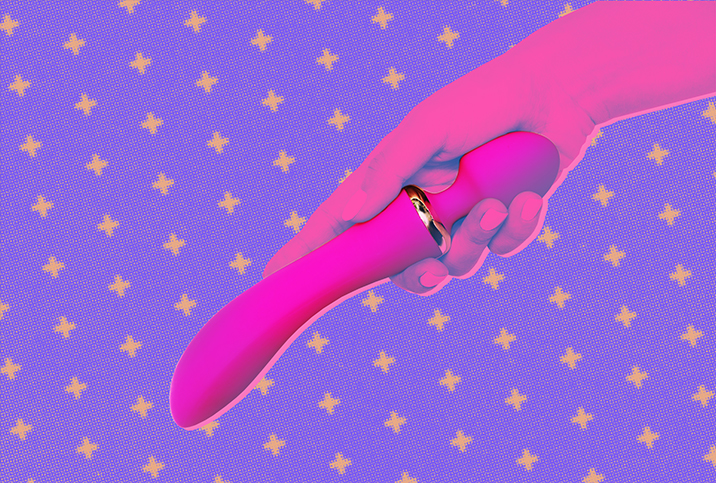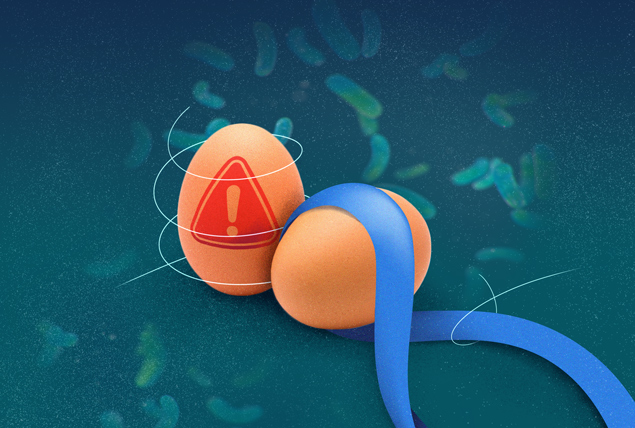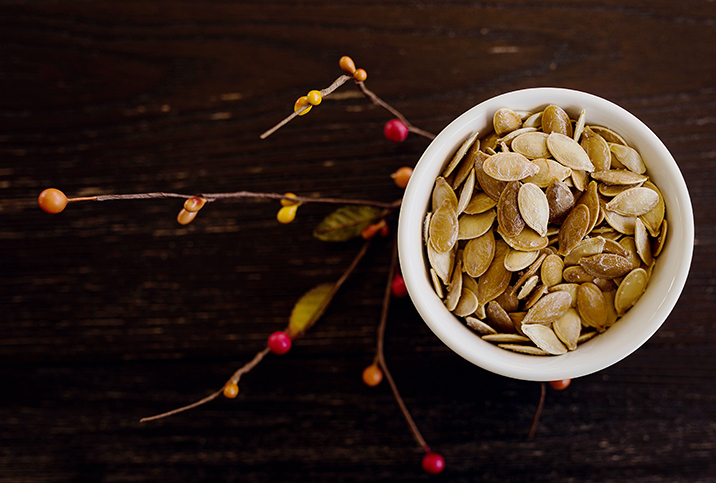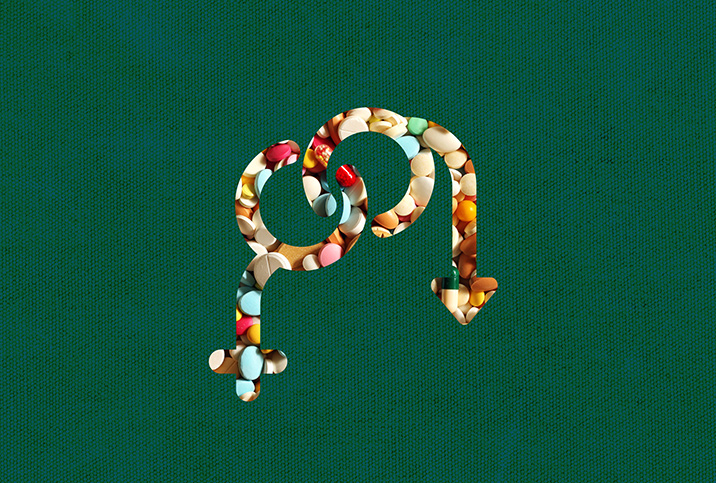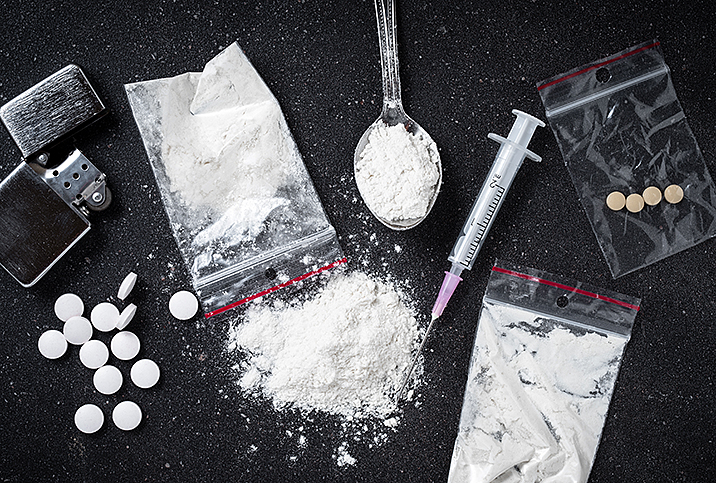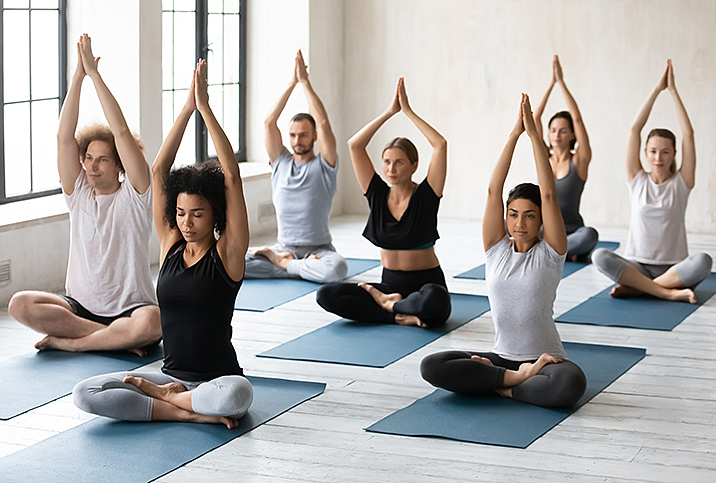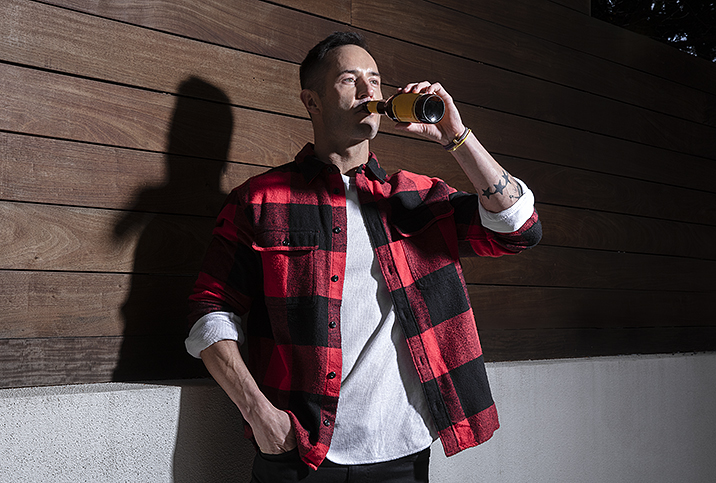How to Get Healthy After Quitting Drugs, Alcohol or Tobacco

Substance abuse plagues many adults and adolescents throughout the United States. The National Survey on Drug Use and Health showed nearly 20 million Americans battled substance abuse in 2017 in the form of drugs and/or alcohol. 15.1 percent of Americans smoke cigarettes or vape. Even weekend users of alcohol, drugs and tobacco report an effect on their day-to-day lives. But that doesn't mean you can't quit.
While quitting is the most difficult part of the equation, don't forget about your health afterward. If you're searching for ways to start fresh and boost your health after you stop using drugs, tobacco or alcohol, knowing where to begin is half the battle.
Take vitamins and minerals
If you're a former smoker, becoming healthy starts with taking vitamins and minerals. Smoking can lower your body's ability to fight illness and contributes to bone loss. As a result, taking vitamin D, vitamin C and calcium can help rebuild your immunity and strengthen your body.
For people recovering from alcohol or drug abuse, vitamins and minerals are equally important. Both alcohol and drug use can significantly reduce the body's abilities to absorb minerals, which can create a nutrient deficiency. Vitamin B can help remove toxins from the body with regular dosages while magnesium and calcium can relieve the anxiety and irritability caused by withdrawal.
Stay away from temptation
Chances are certain scenarios play into your struggle with alcohol, drugs or tobacco. Whether your trigger is a meeting with friends who like to party, heading to a bar or just a bout of boredom, awareness of what might cause a relapse will go a long way to keeping you away from temptation.
However, that doesn't mean you have to give up your social life. Sometimes the smallest changes can have a profound effect on your health. If you go out with friends, try drinking nonalcoholic beer or "mocktails." Or if that's too close to the real thing, drinking juices can help you feel full without ingesting any alcohol. In many cases, cigarettes also go hand in hand with drinking, so abstaining from alcohol could be a good choice in your effort to avoid cigarettes.
In more extreme cases, you may have to hang out only with friends who are sober. Thankfully, the internet provides loads of support and meetup groups. Through these communities, you can find like-minded people who don't mind drinking sodas and avoiding drugs or alcohol.
Eat right
Using drugs and alcohol can wreak havoc on your body in a variety of ways, especially with respect to nutrition. You tend to consume less food when using and lose nutrients due to vomiting or diarrhea, as well as reduce the absorption rate. Your levels of serotonin, the body's natural hormone that improves mood, can fall causing anxiety and depression.
To counteract these effects, you need to eat a healthy, well-balanced diet.
A great way to ensure you're on track is to follow a macronutrient ratio. This is a three-way split of carbs, fats and protein. Ratios vary from person to person, so consult your doctor or a dietitian to find out what works best for you.
Exercise regularly and set goals
Exercise is usually a part of a healthy person's routine. But for recovering individuals, it may play an even more vital role. Some studies show exercise boosts a person's overall health, fitness and immune system. It also increases levels of serotonin. Regular exercise can keep your mind off drugs, alcohol and tobacco by enabling you to focus on something else.
Adhering to an exercise regimen isn't always easy, but you can help yourself by creating fitness goals through the SMART principle. This is a system of creating goals that are specific, measurable, achievable, relevant and time-sensitive.
Instead of saying, "I'm going to get in shape," make a goal such as "I will be able to run a mile in 20 minutes a month from now." Doing this should give you a sense of accountability and motivate you to follow through.
While quitting alcohol, drugs or tobacco is the hardest part of the battle, you shouldn't stop there. By limiting temptation and adhering to a diet and exercise regimen, you can get a second lease on life.






